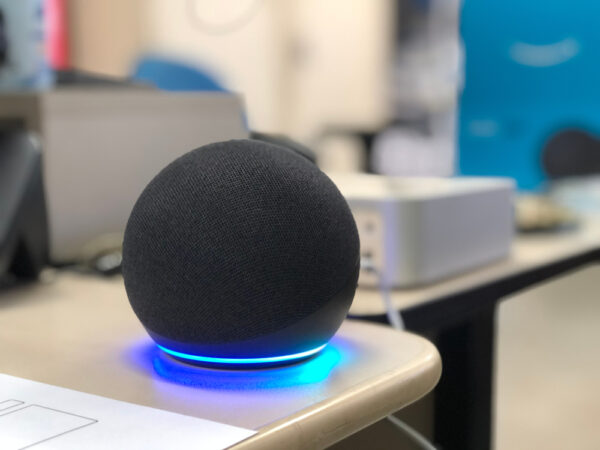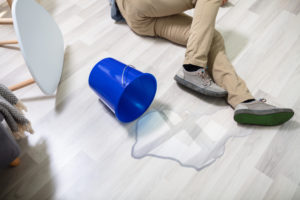Opening statements in the first bellwether trial in multidistrict litigation 2641 (MDL 2641) are set to begin on March 14, 2018. In the case, Georgia resident Sherr-Una Booker alleges she was implanted with a G2 IVC filter manufactured by C.R. Bard that later tilted, migrated, and fractured. After invasive surgeries to remove the filter and fractured struts, her doctors determined that one of the filter struts could not be removed and it still remains embedded in the wall of her inferior vena cava (“IVC”).
In pretrial filings, Bard sought to exclude evidence of complications associated with its Recovery IVC filter because Bard’s next generation filter, the G2, was the model actually implanted in Ms. Booker. However, on March 1, 2018, the Court ruled that evidence of the Recovery IVC problems may be introduced during Ms. Booker’s trial.
Judge David G. Campbell’s ruling is significant for this first Bard IVC filter bellwether trial (and the subsequent Bard IVC cases) and could also prove to be influential in other defective product cases where the defendant has relied on the 510(k) clearance process to fast track their respective products to market.
U.S. Food and Drug Administration 510(k) Clearance
On the market from 2003 to 2005, the ‘Recovery’ was Bard’s first generation of retrievable IVC filters. The Recovery was followed by the G2 IVC filter in 2005. Bard’s FDA grant of permission to sell the G2 was done through a process known as a “510(k) clearance.” Like the Recovery, the G2 filter is deemed a Class II (medium risk) device by the FDA. Under the 510(k) program, if the FDA finds that a Class II device is “substantially similar” to a device already on the market, the manufacturer may begin selling the new product, without additional clinical trials and rigorous studies of the device’s safety and risks. Hence, Bard was able to rely on its Recovery filter to obtain FDA clearance for the G2.
Recovery and G2 Filter Complications
While only sold for a couple of years, there have been a lot of adverse reports concerning the Recovery filter. Probably the most widely publicized reporting of the issues was in a December 2015 story by NBC News. In its story, NBC reported that the Bard Recovery filter had been linked to more than 300 non-fatal IVC filter complications and 27 deaths before it was replaced with the G2.
A document uncovered by NBC News indicated that the G2 device had been associated with more fractures, migrations and reported problems than competitors’ filters and, the G2, supposedly an improved product, had also been linked to at least a dozen deaths.
Bard’s Argument to Exclude Relevant Evidence and the Court’s Ruling
Ms. Booker alleges that her G2 filter tilted, perforated her IVC, fractured, and migrated. While these methods of failure include virtually all of the known methods of failure for the Recovery filter, in its motion in limine, Bard argued that the reported problems with its Recovery filter had “absolutely no relevance to the issues in [the Booker] case.” However, District Judge David G. Campbell did not agree.
Noting that the Recovery was the predicate for the G2 and Bard sought FDA clearance on the basis that the G2 was substantially equivalent to the Recovery, Judge Campbell stated:
Bard identified the Recovery filter as the predicate device for the G2, and avowed to the FDA that the “design, material, components, fundamental technology (mode of device function/operation) and intended use featured with the [G2]” are “substantially equivalent to those featured with the predecessor Recovery Filter System.”
Finally, the Court noted that Bard had argued that “one of Bard’s goals in developing the G2 Filter was to reduce the number of incidents of filter fracture and migration that Bard had observed with the Recovery Filter.”
Given these facts, the Court concluded that Bard’s knowledge of problems with the Recovery filter is relevant to central issues in the Booker case, namely:
- whether Bard properly designed the G2 to correct the problems;
- whether Bard failed to warn physicians and patients about problems shared by the Recovery and G2; and
- whether Bard’s alleged failure to correct or warn about known problems justifies an award of punitive damages.
The Court also stated that it would be difficult to try the Booker case without evidence of the Recovery filter and the problems it encountered. Accordingly, Bard’s motion to exclude the evidence was denied and reported problems with the Bard Recovery filter will be fair play in the Booker trial next week.










Comments for this article are closed.